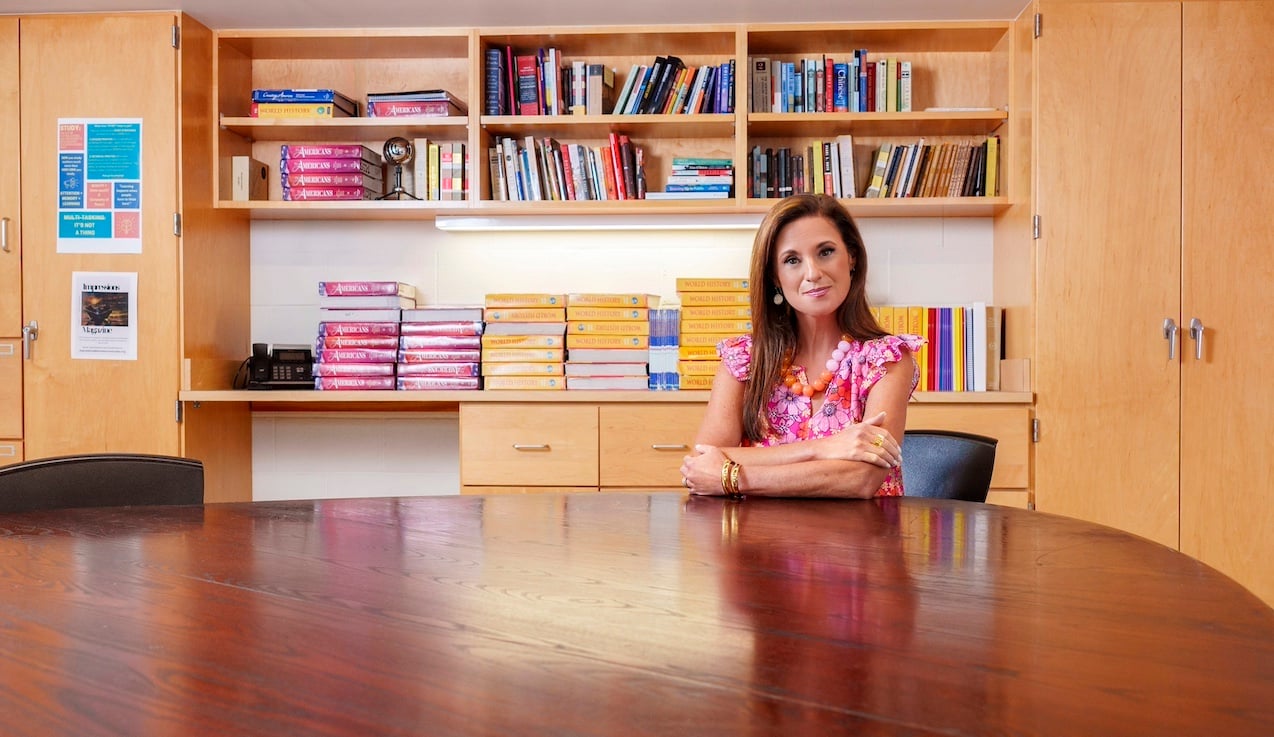Last week, my 7th grader had one test on Wednesday, two tests on Thursday, and one test on Friday. He missed a full week of his after-school activities in order to study and keep up with his homework. He hates school. There is no secret why.
This week, my 11th grader who loves school had two tests on Tuesday, three tests yesterday, and one test today. I keep asking her how she's doing. She says she doesn't want to talk about it.
Over the last two weeks, I have seen my kids stretched to their limits, and I don't even have a high school senior who has the added pressure of applying to college. As a parent, I feel helpless. I don't want to complain and ask why on earth kids would be expected to do all this in one week. Why should I need to say something? It's blatantly obvious how destructive this kind of schedule can be to a student's GPA, confidence, and mental well-being.
I understand the need to test students to make sure they are retaining information. But what regular kid can retain information in this situation? What regular kid does well on some or any of these tests when they are stacked like this? And why can't tests be spaced out even during finals week for middle and high school students?
Recently, I met with an Application Nation student in the Class of 2024, the same grade as my oldest. The student thinks he wants to major in business, but he spent most of the time sharing his thoughts on educational approaches at his high school. He's a straight A student, yet he sees how differently subjects can be taught in order for students to learn better and more efficiently. He posed the million dollar question to me:
"When have you ever not been able to refer to notes or do research to answer a question at your job?"
Before I could answer, he was onto the next idea about how to reform education. It got me thinking about how our youth can be changemakers. One doesn't have to wait until college, grad school, or their career. I want students to speak up when there is too much on their plates. I want them to propose alternatives to their teachers and administrators. I want them to prove that real learning takes place when you use your voice to effect change for all. And if a student is not ready to do this, that's okay. Some students are more than ready—like that young man I spoke to recently.
READ MORE: 5 Things I Told My Daughter at the Beginning of Junior Year
In the meantime, I continue to sit in my office distracted by the pressure my kids are experiencing right now. I don't know what to say or what to do. I just hope that no matter what grades they get from their respective weeks of tests, that they aren't discouraged by what is to come. Making kids take multiple tests a day, and day after day, is risky. Any adult who has their own children or works with children knows that.
The fact that I need to write this blog is sad. So I hope students read this, not just parents. I hope students feel compelled to do something. If they do, change can happen at their school and across the country. When others are positively impacted by a student's actions, that is worthy of an A+ in my book.












